By backing in the worst extremes of climate hysteria, Australian courts – and our justice system in general – are increasingly in danger of losing their perceived legitimacy.
This week, many Australians would be shaking their heads at the New South Wales Local Court’s decision to dismiss charges against a climate protester charged with illegally blockading the Sydney Harbour Tunnel.
Blockade Australia activist Mali Cooper allegedly locked her head to her car’s steering wheel in June, while angry motorists yelled at her through her window and traffic backed up for several kilometres. According to Cooper’s lawyers, all charges have been dropped on the basis that she was found to be experiencing ‘climate change-induced anxiety’ that developed into flood-induced PTSD.
It is not the first time that Australian courts have invoked the so-called ‘climate emergency’. Perhaps the most high-profile finding we’ve seen recently is that of Federal Court Judge Mordecai Bromberg against then-Environment Minister Sussan Ley in relation to an application to extend the Vickery Coal Project in northern NSW.
Responding to an application by eight children to have the mining project scuttled, Bromberg held that Ley had a ‘duty of care owed to the children’ to prevent climate-related injury as a result of the mine’s approval. The decision was subsequently overturned.
As a more general theme, international and domestic courts may be seen as being increasingly open to second-guessing the decisions of elected leaders on the most tenuous of grounds, so long as ‘climate change’ is invoked. Following the recent passage of the Albanese government’s feted Climate Change Act, we can only expect the problem to get worse. With the government’s ‘ambitious’ carbon abatement targets enshrined in legislation for the first time, recalcitrant judges will have much greater scope to interfere with ministerial decisions in the name of ‘meeting our climate obligations’.
In contrast to the apparent sympathy towards the disruption by climate protesters, the judiciary has taken a much harder line on objectors to Australia’s heavy-handed management of Covid. While Mali Cooper has been acquitted after three months, Zoe Buhler spent two years in legal limbo following her arrest over a Facebook post promoting a peaceful anti-lockdown protest in Ballarat. Buhler’s charges were dropped as well, but in her case the unacceptably long wait for justice meant that the process itself felt like a punishment.
Out of the many legal challenges launched against the extraordinarily punitive measures imposed in the name of the coronavirus, few – if any – were upheld in court.
While some people may see the merit in interfering with a mining project that would amount to a tiny percentage of Australia’s tiny percentage of global greenhouse gas emissions, there is not a lot of judicial activism regarding the fundamental trashing of legal rights in the most egregious of ways during Covid.
The most nefarious element to a pattern of judgments across Australia is that our courts appear to be picking and choosing which protests are valid and which are not. And the phenomenon is not just happening in the courts, either. Consider the fact that Victoria Police, for example, took a knee at the ‘Black Lives Matter’ protests in Melbourne in 2020, but responded to anti-lockdown protesters with tear gas and rubber bullets. Both protests were ‘illegal’ under Covid regulations, yet only one was suppressed with bloody and brutal force.
If such obvious double standards continue, the faith of the public in our legal system will be badly damaged, perhaps irreparably. The role of judges is not to be popular, but they should at least be consistent.
Above all, our courts should protect the rule of law. At the very least, this requires them to be seen as being impartial, not at the mercy of political fads like climate change.
Gideon Rozner is Director of Policy at the Institute of Public Affairs
Got something to add? Join the discussion and comment below.
Get 10 issues for just $10
Subscribe to The Spectator Australia today for the next 10 magazine issues, plus full online access, for just $10.

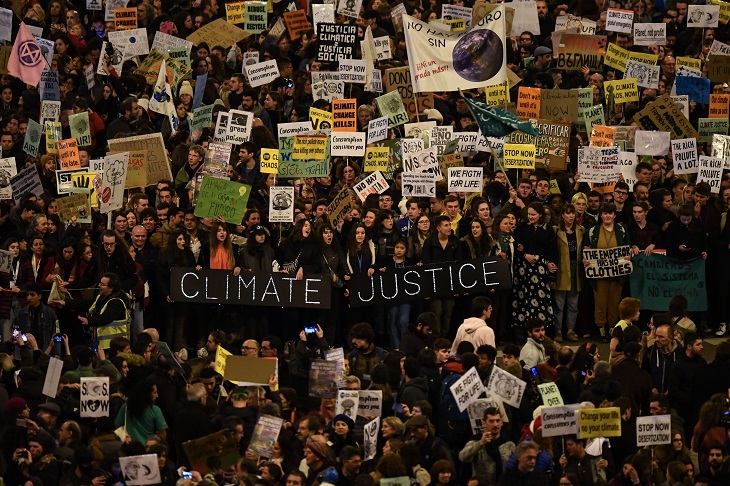
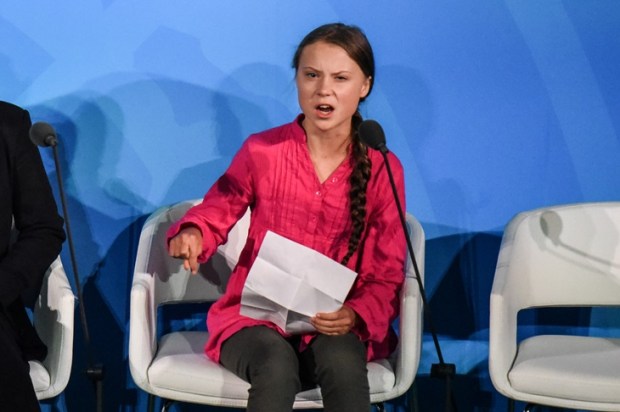
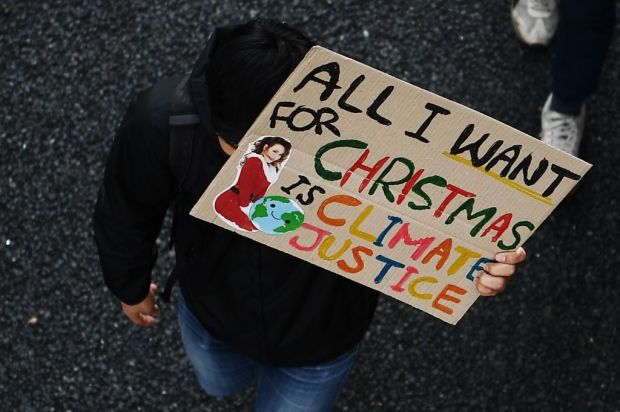
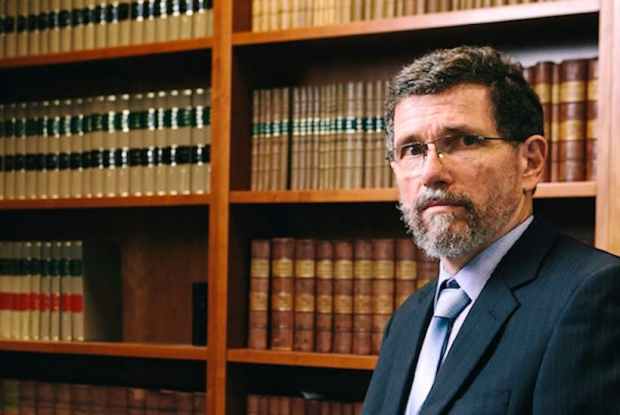
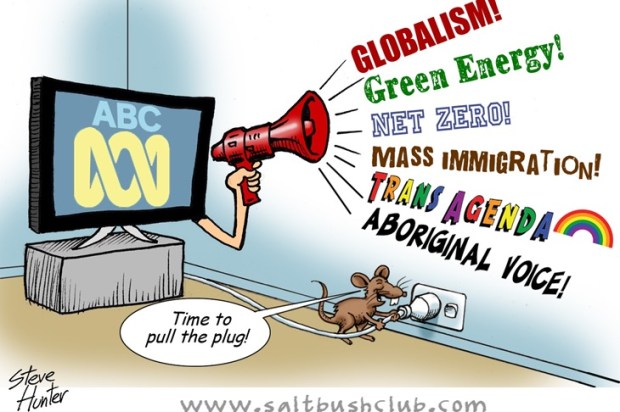
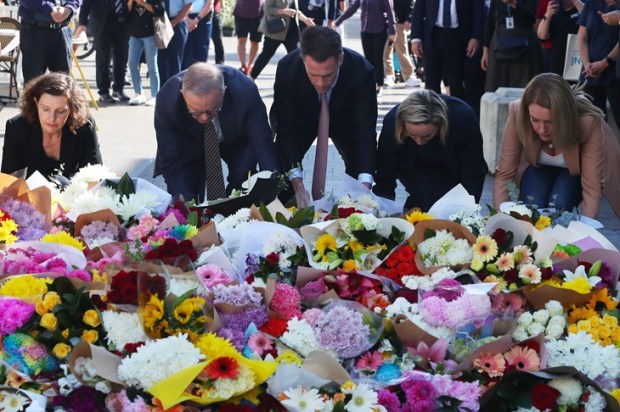



















Comments
Don't miss out
Join the conversation with other Spectator Australia readers. Subscribe to leave a comment.
SUBSCRIBEAlready a subscriber? Log in